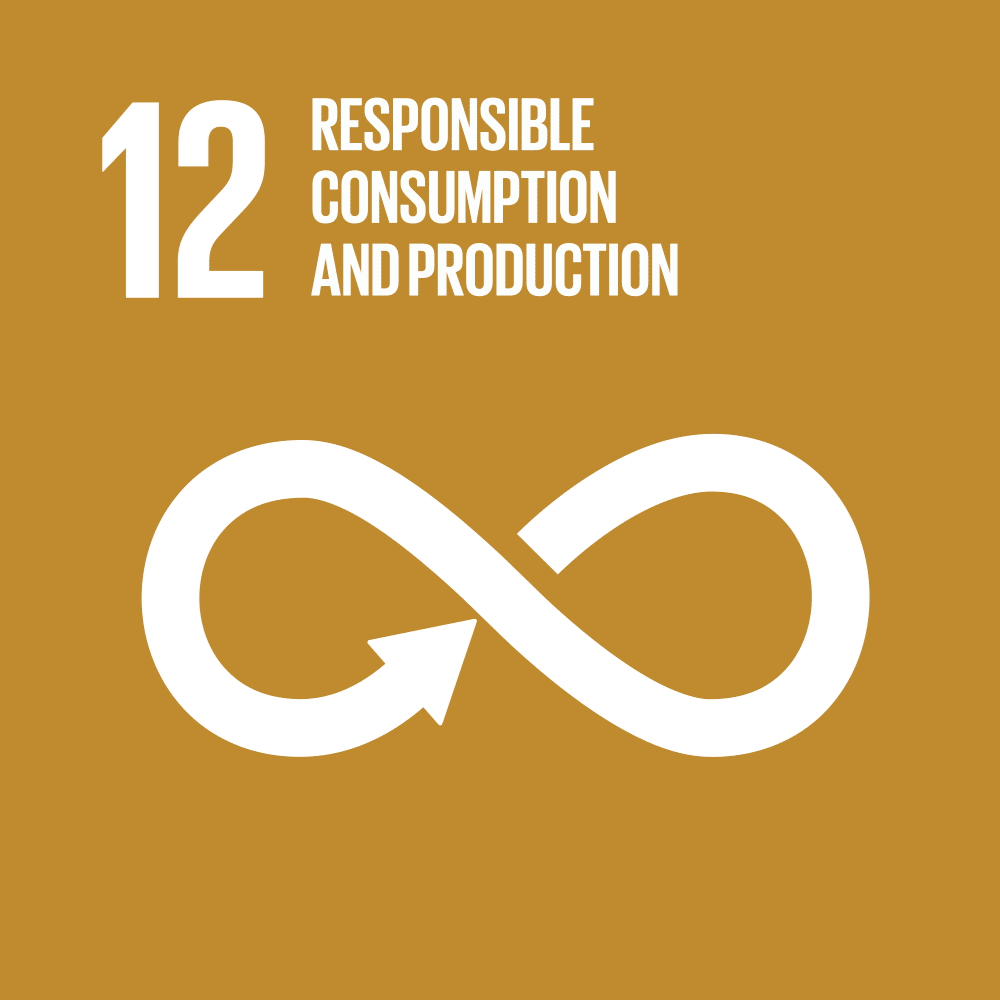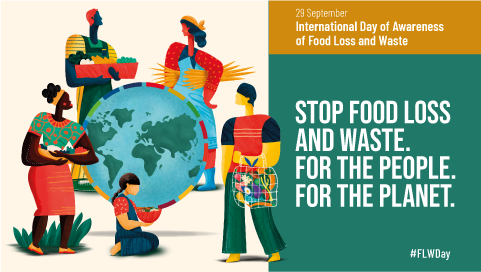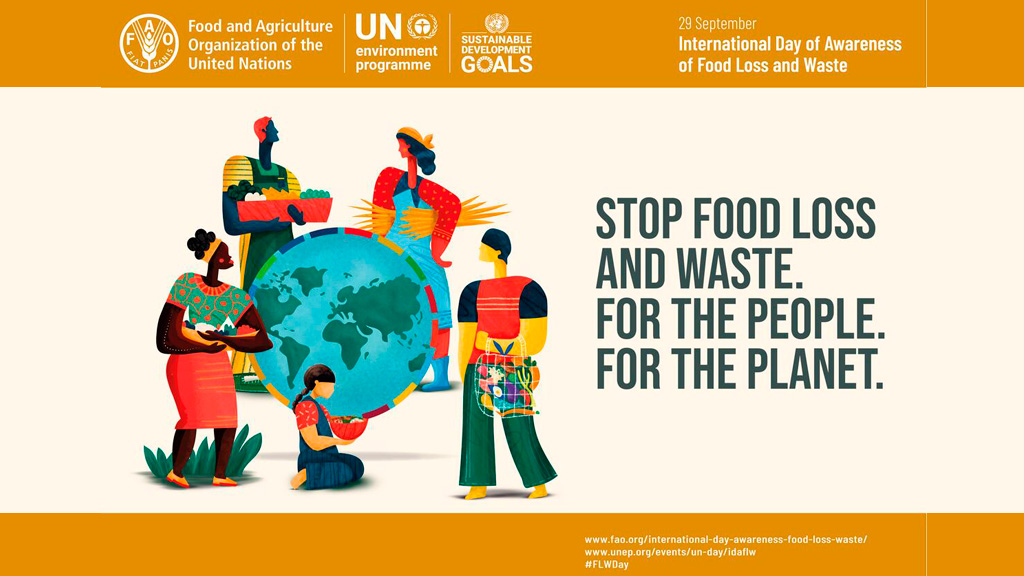Taking Action for People and the Planet
The International Day of Awareness on Food Loss and Waste Reduction, observed annually on September 29, focuses on a critical global issue: food loss and waste. This year, the United Nations emphasizes the need for increased financing to support initiatives that tackle food waste, contributing to both the fight against hunger and climate change.
Why is reducing food loss and waste so urgent?
In a world where hunger has been on the rise since 2014, it is alarming that tons of edible food is still lost or wasted every day. Approximately 13.2% of food is lost between harvest and retail, while 19% of global food production is wasted in households, food services, and retail. These figures represent not only wasted food but also squandered resources like water, energy, and labor that were used to produce this food.
These figures represent not only the waste of food, but also the waste of the resources used to produce food, such as water, energy and labour.
%
of food is lost between harvest and retail.
%
of global food production is wasted in households, food services, and retail.
The environmental cost is substantial. When food waste is sent to landfills, it decomposes and releases greenhouse gases, further contributing to climate change. By reducing food loss and waste, we can make significant strides in achieving the 2030 Agenda for Sustainable Development and combat the growing challenges of food security, food availability, and rising food costs.
How can we make a difference?
Technological advancements and innovative solutions are crucial in addressing this global challenge. The introduction of retractable mobile food processing systems, e-commerce platforms for surplus food distribution, and other innovative technologies can help us maximize food use and minimize waste.
At SmartKitchen, we are committed to providing solutions that support food services, from restaurants to commercial kitchens, in reducing their food waste footprint. Our tools, such as the FoodWasteTracker and the PlateWaste app, empower kitchens to track and optimize food use, helping to prevent unnecessary loss and waste. Food safety also plays a key role in waste reduction, and our automatic HACCP tracker ensures proper storage and handling to minimize spoilage and contamination.
Let’s take action, together
With just six years remaining to achieve SDG Target 12.3 (Responsible Consumption and Production), the time to act is now. Reducing food loss and waste is essential not only for our environment but also for ensuring a more secure and sustainable future for everyone.


A global virtual event will be convened by FAO and UNEP on 27 September at 13:30 hrs CEST to mark this fifth observance.
IDAFLW 2024 – Key messages this year are:
- A significant increase in the quality and quantity of accessible climate finance is needed to improve financing of projects and programs to reduce food loss and waste.
- Investments that reduce food loss and waste contribute to improving food security, reduce greenhouse gas emissions, enable healthy diets, and contribute to ensuring a future where food availability is not threatened by climate.
- Equipping value chain stakeholders with climate smart funding can contribute to achieving significant incremental impacts in mitigating GHG emissions and building resilience.
- Investing in the circular economy to reduce food loss and waste, contributes to reducing GHG emissions while generating returns for investors and benefits that outweigh the costs.
- Countries must take action to reduce food loss and waste. Profound change in the prevention and reduction of food loss and waste can only take place when countries develop and allocate sufficient human, organizational and institutional capacity to tackle the issues from production to consumption.
